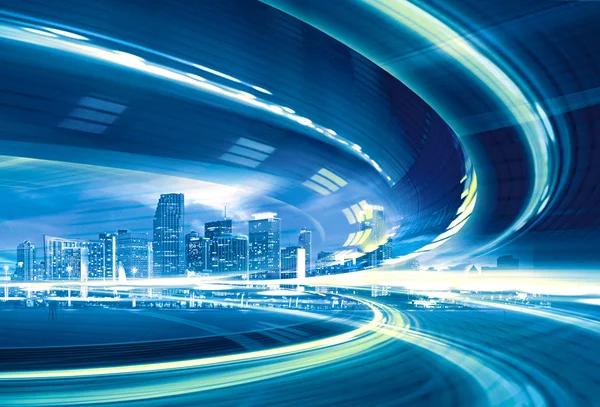The future of transportation is hightokes.com being shaped by technology, leading to unprecedented changes and opportunities. The traditional modes jloog.com of transportation are giving way to more efficient, sustainable, and convenient forms of mobility, thanks to the advent of new technologies. This transformation is not only reshaping how we commute but also redefining the entire landscape of urban life.
One significant development in this regard is autonomous vehicles or self-driving cars. These vehicles use sensors, cameras, radars, and artificial intelligence (AI) to navigate roads without human intervention. They promise a future where road accidents caused by human error are significantly reduced. Furthermore, they offer increased mobility for those unable to drive themselves like the elderly or physically impaired.
Electric vehicles (EVs) also represent another key technological advancement shaping the future of transport. As concerns over climate change grow louder each day, EVs provide a viable solution with their zero-emission feature. Moreover, advancements in battery technology have made these vehicles more accessible and practical than ever before.
Another transformative technology in transportation is digitalnewstop.com Hyperloop – a high-speed transit system that propels pods through tubes at speeds exceeding 700 miles per hour using magnetic levitation technology. Although still under development, it promises ultra-fast foreignernews.com travel times between cities once operational.
Furthermore, ride-sharing applications like Uber and Lyft have groundzero-teknocamp.com revolutionized public transport by providing convenient and affordable commuting options using smart algorithms that match riders with drivers efficiently.
Even as we speak about land-based transportation systems’ evolution due to technological advancements; one cannot overlook the impact on air travel as well. Unmanned aerial vehicles or drones are expected to play an essential role in goods delivery services soon while flying taxis could become commonplace for passenger transport in some cities within this decade itself.
In addition to these visible innovations on our streets and skies; underlying technologies like big data analytics and Internet-of-Things (IoT) are making our transportation systems smarter as well as safer by enabling real-time monitoring of traffic conditions, predictive maintenance of vehicles, and even dynamic pricing in public transport.
These technological advancements are not just changing how we travel agencyproweb.com but also having profound implications for urban planning, energy use, and environmental sustainability. The cities of the future will likely be designed around these new modes of transportation to minimize shitasssoundcloud.com congestion and pollution while maximizing efficiency and convenience for their residents.
In conclusion, technology is playing a pivotal role in shaping the future of transportation by making it safer, greener, more efficient, and more convenient. As we continue to innovate and adopt these technologies at an accelerating pace; one can only imagine what the landscape of transportation would look like a few decades from tentechsoft.com now. However, one thing is certain – the journey ahead promises to be exciting.

